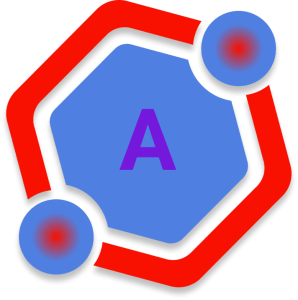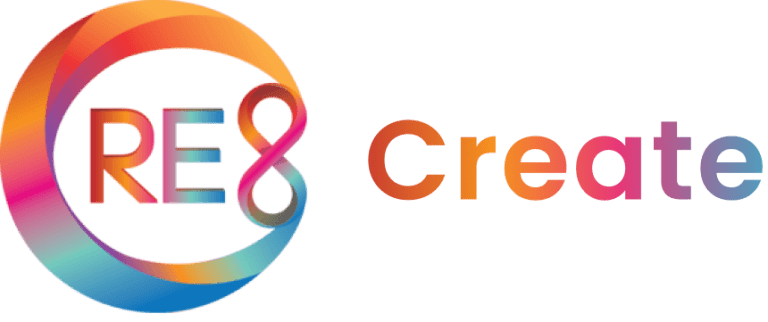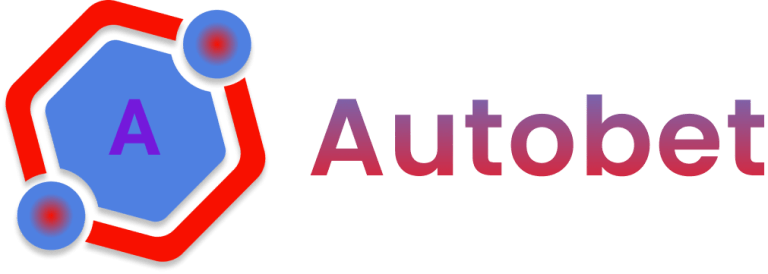Unlock the Future of Digital Ownership with NFT Contracts: The New Era of Asset Management
Welcome to our blockchain development company, where we specialize in offering top-notch NFT development services. Non-Fungible Tokens (NFTs) have become a ground-breaking idea in the current digital age, completely altering how we see ownership and value online. Our team of professionals is committed to assisting our clients in maximizing the potential of NFTs and developing custom solutions that address their particular needs.




What is an NFT?
An NFT, or non-fungible token, is a unique digital asset that is stored on a blockchain. NFTs can represent ownership of anything from digital art to in-game items. They are often bought and sold for cryptocurrency, and their value can fluctuate wildly.
What are NFT contracts?
An NFT contract is a smart contract that is used to create and manage NFTs. Smart contracts are self-executing contracts that are stored on the blockchain. They can be used to automate a variety of tasks, such as transferring ownership of an NFT or minting new NFTs.
NFT contract standards
There are a number of NFT contract standards in use today. The most common standard is ERC-721, which is used on the Ethereum blockchain. ERC-721 defines the basic properties of an NFT, such as its ownership and transferability.
NFT Collections
NFT collections are a group of NFTs that are created by the same artist or team. Collections can be used to create a sense of community among collectors or to increase the value of individual NFTs.
ERC-721 standard
The ERC-721 standard is a set of rules that define how NFTs should be created and managed on the Ethereum blockchain. ERC-721 defines the following properties of an NFT:
Uniqueness: Each NFT is unique and cannot be replaced by another NFT.
Ownership: Each NFT has an owner who is identified by their Ethereum address.
Transferability: NFTs can be transferred from one owner to another.
Metadata: Each NFT can have associated metadata, such as a description, image, or video.
ERC-1155 standard
The ERC-1155 standard is a newer standard that builds on the ERC-721 standard. ERC-1155 allows for the creation of fungible and non-fungible tokens. This means that it can be used to create both NFTs and tokens that are interchangeable, such as ERC-20 tokens.

Features
Uniqueness
Distinguishes each NFT as one-of-a-kind.
Ownership
Identifies NFT owners by their Ethereum addresses.
Transferability
Allows NFTs to be transferred between owners.
Metadata
Associates NFTs with data like descriptions, images, or videos.
Immutability
Prevents alteration of NFT data once created.
Transparency
Displays and verifies NFT transactions on the blockchain.
Security
Stores NFTs on the secure and decentralized blockchain.
Scalability
Supports many NFTs on the Ethereum blockchain.
Affordability
Keeps the cost of minting and transferring NFTs relatively low.
Availability
Enables buying and selling of NFTs on various platforms.
Programmability
Perform tasks like providing exclusive content or royalties with NFT contracts.
Verifiability
Verifies NFT ownership on the blockchain to prevent fraud.
Resale
Allows reselling of NFTs on secondary markets for potential profit.
Liquidity
Increases as more platforms list NFTs for trading.
Community
Creates a strong community of collectors, investors, and developers around NFTs.
Newness
Represents a new and innovative technology in the early development stages.
Sustainability
Reduces the need for physical goods and creates a more sustainable economy with NFTs.
Efficiency
Streamlines buying, selling, and managing digital assets with NFTs.
Transparency
Increases transparency in digital asset ownership and transfer with NFTs.
Security
Improves the security of digital assets by storing them on a decentralized ledger.

Cyborpay
Crypto Wallet and Payments
Crypto Wallet & Payments
- Turkey

Galaxii
Decentralized Video & NFT Platform
Decentralized Social Media & Community
- USA

WEMP
Women Empowerment Token
Decentralized Finance
- USA

Autobet
Decentralized Lottery & Gaming
Lottery & Gaming
- New Guinea

Decentralized Identity
SSI Based Identity Management
Decentralized Identity
- USA

Artistry
NFT Marketplace for Artists
Asset Management & NFTs
- USA

Smart Ballot
Blockchain Based Voting System
Voting & DAO
- USA

Diamond Supply Chain
Blockchain Based Supply Chain
Supply Chain
- UK

Followgoa
Experiential Travel and Tourism
Travel & Tourism
- India
EXCELLENT
EXCELLENT

Autobet

RateMyGrass

SparkLand

Diamond Supply Chain

BookMyTrek

Cyborpay

Weedcommerce









Use Cases
Event Ticketing
Track event ticket ownership with NFTs, reducing fraud and improving ticketing.
Food & Beverage
Ensure transparency and accountability in the food and beverage supply chain with NFTs.
Supply Chain
Improve efficiency and reduce fraud by tracking goods' movement with NFTs.
NFT Art
Authenticate and track digital art ownership with NFTs, providing a secure record.
NFT Fashion
Authenticate and track fashion item ownership with NFTs, providing a secure record.
Metaverse
Represent virtual real estate, digital assets, and unique items in the Metaverse with NFTs.
NFT Music
Musicians can tokenize music with NFTs, providing royalties and selling merchandise.
Sports
Represent unique sports memorabilia, such as game-worn jerseys or autographed items, with NFTs.
Real Estate
Represent unique real estate assets with NFTs, providing a secure record of ownership.
NFT Gaming
Represent unique in-game assets such as avatars, virtual land, and costumes with NFTs.
Digital Collectibles
Represent unique digital collectibles with NFTs, providing a secure record of ownership.
E-commerce
Represent unique products or services in e-commerce with NFTs, providing a secure record of ownership.
Phygital NFTs
Combine physical and digital elements to create unique hybrid assets with Phygital NFTs.
Healthcare
Securely track patient data and medical records in healthcare with NFTs.
NFT Loans
Use NFTs as collateral for decentralized finance loans, providing credit access.
NFT Identity
Represent an individual's identity with NFTs, providing a secure way to verify identity.
FAQs
What is an NFT contract?
An NFT contract is a smart contract that manages the creation and ownership of non-fungible tokens (NFTs) on a blockchain.
What are the benefits of using smart contracts for NFTs?
Smart contracts facilitate transactions in a trustless system, replace the need for intermediaries and paperwork, and are immutable and transparent, customizable, deterministic and automated.
How are NFTs created with smart contracts?
NFTs are created via a process known as minting, which involves converting digital files into crypto assets on a blockchain using underlying smart contract code.
What is a smart contract?
A smart contract is a program stored on a blockchain that automatically enforces specific actions once predetermined conditions are met.
What makes smart contracts ‘smart’?
Smart contracts automate processes and do not make human errors, ultimately reducing the time and costs associated with traditional contracts.
Are smart contracts legally binding?
No, smart contracts are not legally binding. While they help execute outcomes on a blockchain, they cannot enforce off-chain agreements.
What are the most popular blockchains for creating NFTs?
Some popular blockchains for creating NFTs include Ethereum, TRON, EOS, and Tezos.
What is an ERC-721 token?
An ERC-721 token is a type of NFT contract standard on the Ethereum blockchain.


